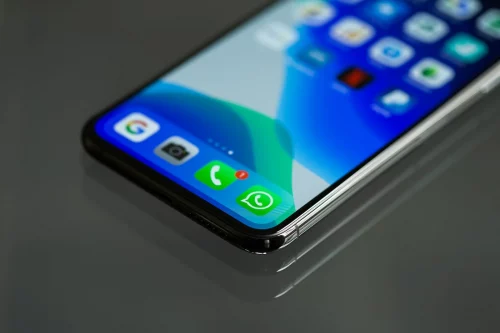The FCC adopted what it says are its first regulations specifically targeting the increasing problem of scam text messages sent to consumers. The new rules will require wireless carriers to block certain robotexts that are likely to be illegal.
Text message scams have increased so much the FCC has seen a more than 500 percent increase in complaints in recent years. From 2015 to 2022, robotext complaints rose from around 3,300 to 18,900 per year. And robotexts pose a unique threat: unlike robocalls, scam texts are hard to ignore or hang-up on and are nearly always read by the recipient – often immediately, according to the Commission. Robotexts can also promote links to phishing websites or websites that can install malware on a consumer’s cell phone.
FCC Chairwoman Jessica Rosenworcel said during the vote that “robotexts are making a mess of our phones. They are reducing trust in a powerful way to communicate. So today we take our first step to stop these unwanted texts at the network level.”
The Report and Order adopted Thursday requires carriers to block text messages that appear to come from phone numbers that are unlikely to transmit text messages, meaning invalid, unallocated, or unused numbers. It also includes numbers that the subscriber to the number has self-identified as never sending text messages, and numbers that government agencies and other well-known entities identify as not used for texting.
A second rule will require each wireless carrier to establish a point of contact for text senders, or have providers require their aggregator partners or blocking contractors to establish such a point of contact, which senders can use to inquire about blocked texts.
The Commission also seeks public comment on further proposals to require carriers to block texts from entities the FCC has cited as illegal robotexters.
By Leslie Stimson, Inside Towers Washington Bureau Chief




Reader Interactions